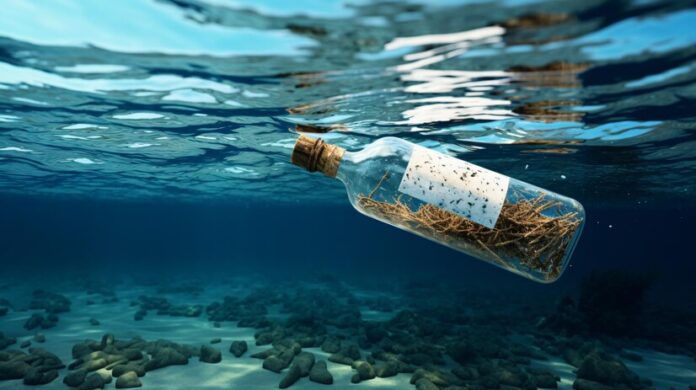In recent years, the world has been confronting a growing crisis: plastic pollution. From the depths of the ocean to the peaks of the highest mountains, plastic waste has become ubiquitous, threatening ecosystems, wildlife, and human health. As concerns escalate, calls for urgent action to address this global challenge have reached a fever pitch.
The scale of the problem is staggering. Each year, an estimated 8 million metric tons of plastic end up in the world’s oceans, equivalent to a garbage truck’s worth of plastic being dumped into the sea every minute. This relentless influx of plastic wreaks havoc on marine life, entangling animals such as sea turtles and seabirds or being ingested by fish and other marine species, leading to injury, suffocation, and death.
But the impact of plastic pollution extends far beyond marine environments. Microplastics, tiny fragments of plastic less than 5mm in size, have infiltrated even the most remote corners of the globe, contaminating soil, air, and water sources. These microplastics pose a significant threat to human health, potentially accumulating toxic chemicals and entering the food chain through consumption of seafood and other products.
Governments, environmental organizations, and concerned citizens are mobilizing to tackle the plastic pollution crisis head-on. Legislative measures, such as bans on single-use plastics and regulations to promote recycling and plastic waste management, are being implemented worldwide. Innovative technologies are also being developed to capture and remove plastic from oceans and rivers before it can cause further harm.
However, addressing plastic pollution requires a concerted effort from all sectors of society. Individuals can play a crucial role by reducing their consumption of single-use plastics, opting for reusable alternatives, and properly disposing of plastic waste. Businesses must take responsibility for the products they produce, transitioning to sustainable packaging solutions and embracing circular economy principles that minimize waste and promote recycling.
Moreover, education and awareness-raising campaigns are essential to foster a culture of environmental stewardship and empower communities to take action against plastic pollution. By working together, we can stem the tide of plastic pollution and safeguard the health of our planet for future generations.
The clock is ticking, and the time to act is now. The stakes are high, but the opportunity to make a difference is within our grasp. Let us join forces to turn the tide on plastic pollution and ensure a cleaner, healthier future for our oceans and all who depend on them.




